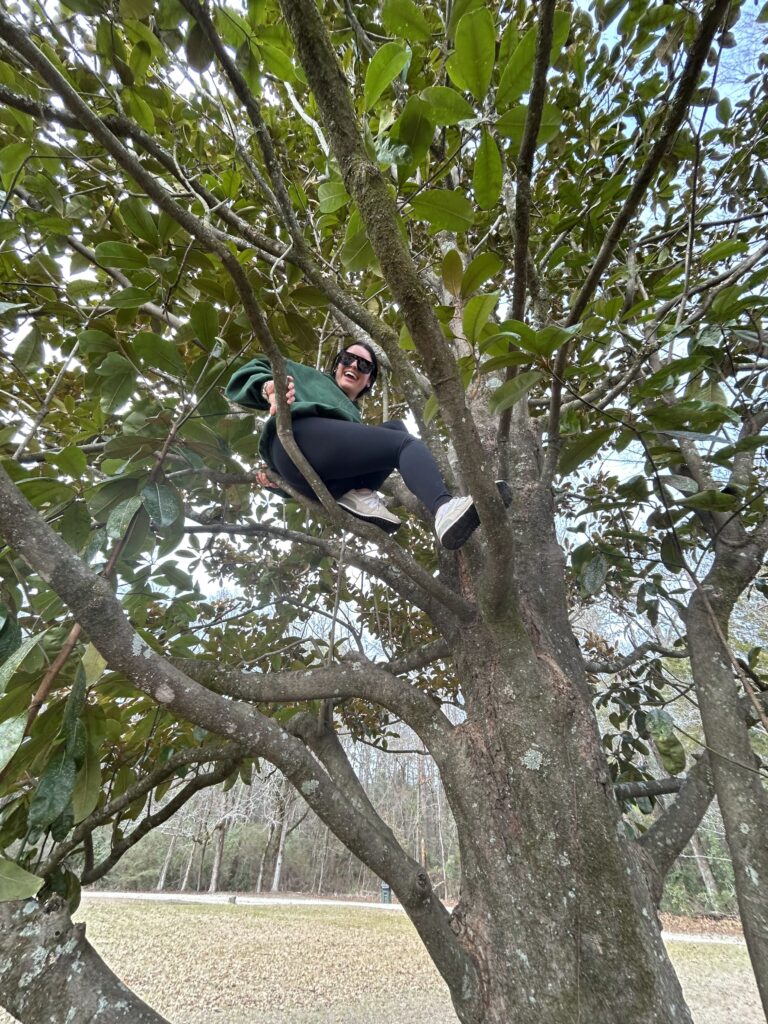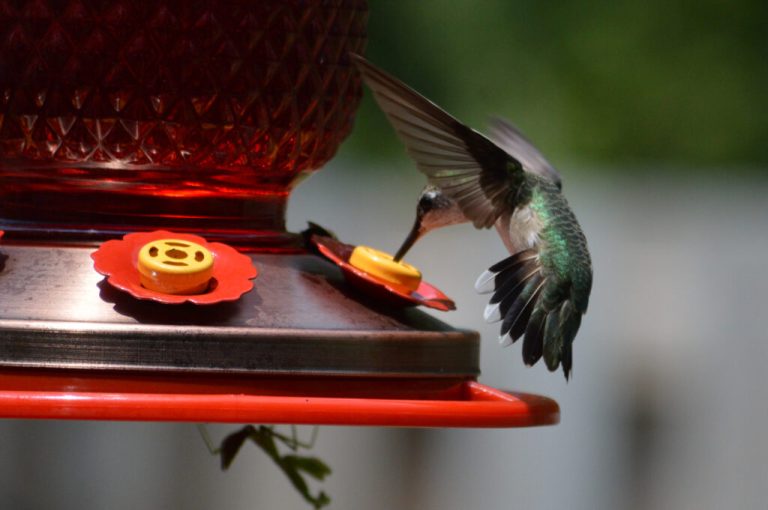Clean Water groups post 45 fish consumption advisory signs across Alabama
Reading time: 3 minutes

In collaboration with the Alabama Department of Conservation and Natural Resources, state clean water groups have posted 45 fish consumption advisory signs at boat ramps on impacted waterways across Alabama.
The signs are intended to alert anglers about nearby fish consumption advisories issued by Alabama’s Department of Public Health.
Hotline Number

Each sign features a hotline number—(844) 219-7475—that anglers can call toll free to hear a recording about the over 200 fish consumption advisories that have been issued statewide in the past year. The hotline number is hosted by the Coosa Riverkeeper, a member of Waterkeepers Alabama.
The following clean water organizations sponsored, mounted and will maintain the signs:
- Black Warrior Riverkeeper
- Cahaba Riverkeeper
- Chattahoochee Riverkeeper
- Choctawhatchee Riverkeeper
- Coosa Riverkeeper
- Mobile Baykeeper
Right to Know

“Fishermen started the Waterkeeper movement on the Hudson and fishers remain some of our best supporters,” said Charles Scribner, executive director of Black Warrior Riverkeeper. “We are proud to partner with our fellow Waterkeepers and the Alabama Rivers Alliance in helping fishers know which fish are safe to eat from various Alabama rivers and lakes.”
Black Warrior Riverkeeper has mounted four signs at ADCNR boat ramps in the Black Warrior River watershed. Three of the boat landings are on Smith Lake, at Lion’s Park (Lick Creek), Smith Lake Park (Ryan Creek) and Smith Lake Dam (Sipsey Fork). The fourth sign Black Warrior Riverkeeper mounted is on Lake Tuscaloosa at the Binion Creek boat ramp. All advisories in the Black Warrior River basin are for fish contaminated with mercury from burning coal at power plants.
“Folks eating fish in Alabama deserve easy access to such important public health information such as the fish consumption advisories,” said Victoria Miller, Fish Guide Coordinator with Coosa Riverkeeper and project organizer. “By working with our partners across the state, we are now able to provide a bit easier access through the hotline. However, more can be done to protect Alabama’s anglers by the state agencies regulating the advisories, like expanding testing efforts to include more water bodies and contaminants, and promoting the advisories more through their websites, social media, guidebooks, and other forms of official communication about the outdoors.”
Visit their website, waterkeepers.org for a map of advisories.
Those interested in finding out more about fish consumption advisories should visit WaterkeepersAlabama.org/Fish to see a map with the advisories for Alabama.
Do you fish? Share with us on social media your favorite photos. Tag us at @thebamabuzz



